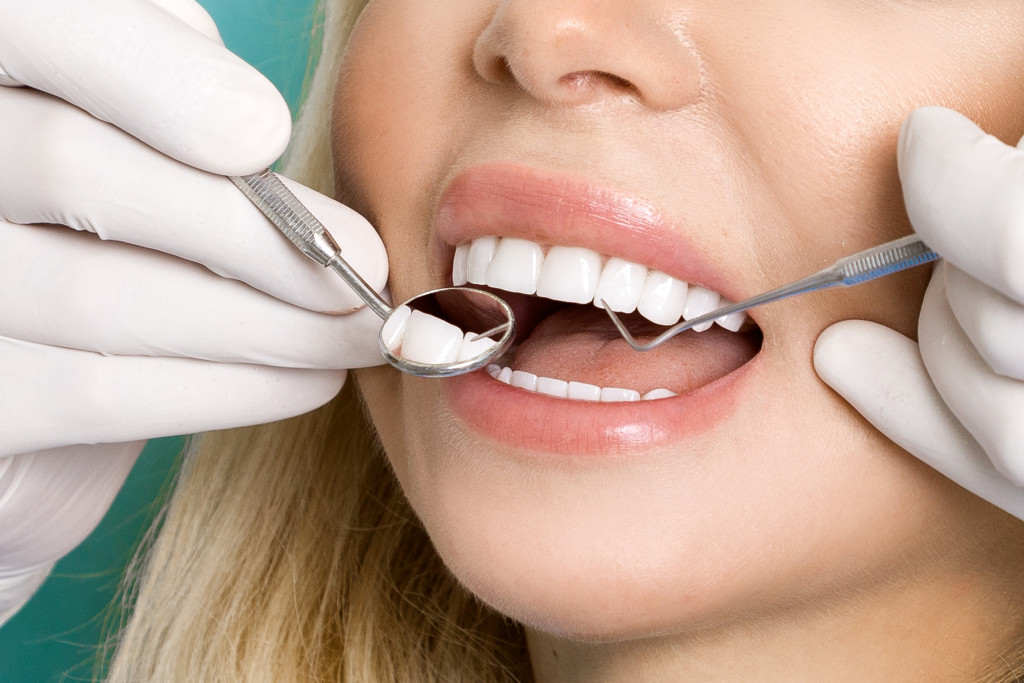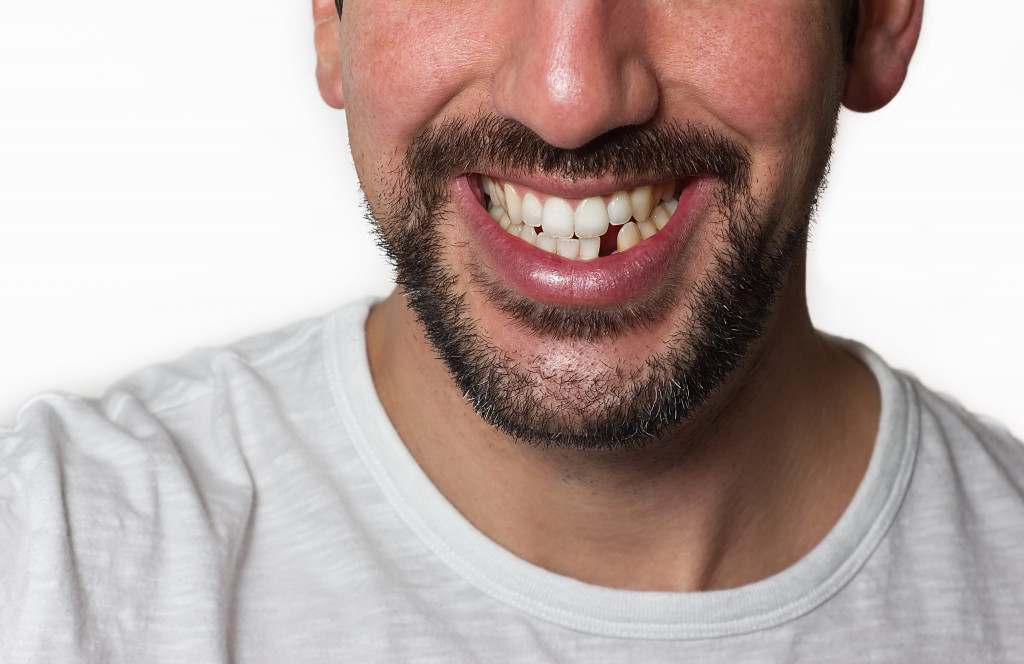Losing a tooth can be a jarring experience—literally. Often, people lose their teeth due to an accident, such as falling or being hit in the mouth with a ball. And while it may seem like a minor injury, losing even one tooth can have major consequences for your long-term oral health. That’s why it’s important to know what to do if you find yourself in this situation.
Here are a few things you should do if you lose one or more teeth:
1. Find the Tooth
If you lose a tooth, the first thing you should do is to look for the tooth. If you can’t find it, don’t worry—it’s not essential to your recovery. However, if you can find the missing tooth, pick it up by the crown (the white part) and avoid touching the root. If it is dirty, rinse the dirt off gently with water and then attempt to put it back in its socket. Don’t scrub the tooth or remove any tissue attached to it.
If that’s not possible, place the tooth in a cup of water or milk. You must not let the tooth dry out, as this can damage the roots. You can also set a gauze pad over the socket to stop the bleeding. Call your dentist immediately if the bleeding doesn’t stop after 15 minutes.
2. Rinse Your Mouth
Whether or not you’re able to find your lost tooth, the next step is to rinse your mouth with warm water. This will help to clean the area and remove any debris. It’s essential to do this as soon as possible after losing the tooth to reduce the risk of infection. Many people also find that rinsing with a saltwater solution can help reduce swelling and pain.
If bleeding, apply a gauze pad to the area and bite down gently to keep it in place. Gargle the salt water solution around your mouth before spitting it out. Repeat this process until the bleeding stops.
3. Assess the Damage
Once you’ve taken care of the tooth, it’s time to assess the rest of your mouth for any other damage. Look for cuts or bruises and rinse them out with warm water. Once you’re sure your mouth is clean, apply a cold compress to any swollen areas to help reduce inflammation. Ice packs are ideal, but you can also use a bag of frozen peas wrapped in a clean cloth.
If you see that other teeth are loose or damaged, don’t try to force them back into place. Instead, call your dentist and let them know what’s happened. You want to be careful not to cause any further damage.

4. Make an Appointment With Your Dentist
Next, contact your dentist—even if you don’t think the damage is serious, it’s always best to err on the side of caution when it comes to your teeth. Your dentist will be able to evaluate the situation and recommend any further treatment that may be necessary. In most cases, simply wearing a custom-fitted mouthguard will be sufficient to protect your teeth from further damage.
But in some cases, such as when a tooth has been partially knocked out or there is extensive damage to the gums, surgery may be required. If they cannot save the tooth, your dentist may recommend getting an implant or a bridge to replace the missing tooth. All-on-4 dental implants are a popular option for people who have lost all of their teeth. This type of implant is placed in the jawbone and can support a complete set of artificial teeth.
5. Follow Up With Your Dentist
Even if you don’t need further treatment, you must follow up with your dentist to ensure everything is healing correctly. You’ll need to come in for a checkup within a week or two of the initial injury. Ask about any changes you should make to your oral care routine, and be sure to take good care of your teeth moving forward.
If something feels wrong or you’re in pain, don’t hesitate to call your dentist. They’ll be able to advise you on what to do and whether you need to come in for an appointment. In the meantime, eat soft foods and avoid chewing on anything hard. This can help prevent further damage that could delay your healing process.
Losing a tooth can be scary, but it doesn’t have to be catastrophic. With quick thinking and some simple first-aid measures, you can minimize both the short- and long-term effects of losing one or more teeth. So if you should be in this situation, don’t panic—just follow these steps and contact your dentist immediately. Always remember that it’s better to be safe than sorry when it comes to your teeth.

